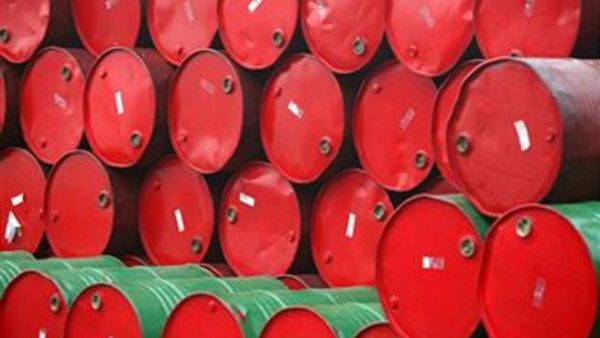Standard & Poor’s estimated that oil importers in the Middle East, especially Lebanon and Jordan, are ill-prepared for a further rise in global oil prices, given that their fiscal and external balances are already stretched. It added that countries in need of attracting foreign investments in 2012 could suffer from an elevated risk premium in their debt financing.
The effects of higher oil prices on Lebanon would further weaken its fiscal and external balance sheets given that the country relies heavily on oil imports, it indicated. The current account balance could also deteriorate further if oil prices increase, especially since Lebanese exports are expected to stagnate in 2012, it added.
Higher oil prices could also raise subsidies to the state-owned and money-losing Electricite du Liban, it noted. The subsidies already account for more than 4 percent of GDP in 2011, further weakening Lebanon’s fiscal profile, and putting its primary surplus under greater pressure, it said.
In parallel, Business Monitor International (BMI) indicated that the recent rise in global oil prices, if sustained, will weaken fiscal and current account dynamics, as well as consumption, in oil-importing economies across the Middle East and North Africa (MENA). It estimated that after a strong move above $120 per barrel in recent weeks, Brent crude prices look set to remain elevated throughout 2012.
The combination of a tight market and elevated geopolitical risk premiums is likely to keep prices high, and oil will test its 2011 high of $127 per barrel (bbl) in the weeks ahead, it said. As a result, BMI raised its average 2012 Brent crude price forecast from $102/bbl to $115/bbl. BMI said that a sustained rise in oil prices will have a detrimental impact on every net oil-importing economy in the MENA region, adding that some economies are more exposed than others.
It pointed out that Lebanon, as well as Egypt, Tunisia and Morocco, are particularly poorly placed in fiscal terms to weather the impact of higher oil prices. The four countries ran substantial fiscal deficits last year, with Lebanon posting the second highest deficit at 7 percent of GDP, it said.
It added that pressure of higher oil prices could force governments to roll back capital spending plans, raise taxes, or perhaps cut subsidy payments. In parallel, it said that Lebanon and Jordan are currently the worst placed economies in terms of balance of payments dynamics.
It said the two countries have been running substantial current account deficits for years, with Lebanon having one of the highest current account deficits in the world, while FDI inflows continue to suffer as the conflict in neighboring Syria escalates. It noted that rising oil prices will also have a significant impact on domestic consumption across the board over the short term.








